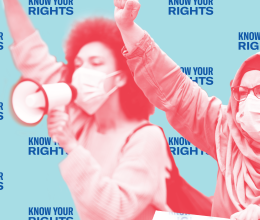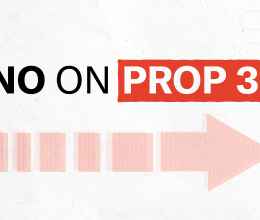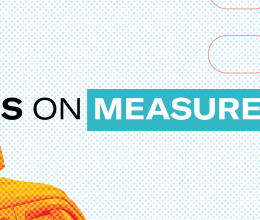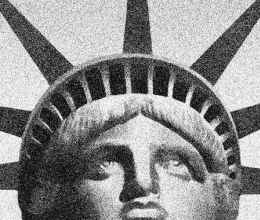Today the ACLU called on Los Angeles Mayor Richard Riordan to issue an Executive Order requiring the Los Angeles Police Department to collect data on the race and ethnicity of motorists stopped by police officers. The ACLU earlier this week requested similar action from the Los Angeles Police Commission.
Earlier this year, the California state senate unanimously passed SB 78, the "California Traffic Stops Statistics Act," and the state assembly overwhelmingly passed the bill 61-16. On Tuesday, Governor Davis vetoed the bill. Today he called on Mayor Riordan to require the LAPD to collect the data.
"This is no excuse for the Governor vetoing the statewide measure; the legislation was essential and we were very disappointed in his action," said ACLU Associate Director Elizabeth Schroeder. "The whole point of the bill was to determine whether the problem is occurring on a widespread scale, so that it could be dealt with proactively and responsibly. In light of the Governor's veto, it is urgent that Mayor Riordan act immediately to require the LAPD to collect this information. This is especially true given the Department's earlier rejection of both the Governor's earlier request voluntarily to collect the data and opposition to SB 78."
President Clinton recently issued an Executive Order requiring all federal law enforcement agencies to begin collecting data, and challenged state legislatures across the country to pass similar bills. Two states - Connecticut and North Carolina - mandate data collection. Thirty-four California law enforcement agencies have voluntarily agreed to collect data on the race of motorists stopped by the police, including the largest traffic enforcement agency in the world, the California Highway Patrol (CHP). Four of the five largest city law enforcement agencies in the state voluntarily collect data - San Francisco, San Jose, Oakland, and San Diego. The LAPD is the only large agency that refuses to collect the data.
"Racial profiling is wrong and it is unconstitutional," added Schroeder. "Given the strong public perception that racial profiling is taking place in traffic stops in Los Angeles, it is essential that we have the data to make a true determination of whether or not the police are violating the civil rights of the people it is sworn to protect.






